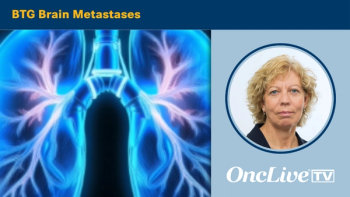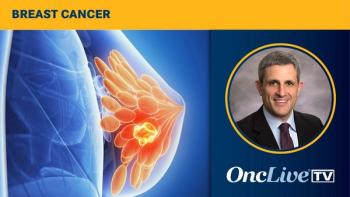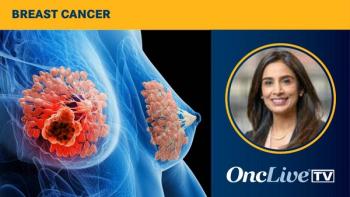
Dr. Hammers on the Importance of Assessing Quality of Life in RCC

Hans Hammers, MD, PhD, discusses the importance of assessing quality of life in renal cell carcinoma.
Hans Hammers, MD, PhD, an associate professor of internal medicine in the Division of Hematology-Oncology at The University of Texas Southwestern Medical Center, discusses the importance of assessing quality of life (QOL) in renal cell carcinoma (RCC).
QOL assessment is critical when evaluating any novel therapy in RCC, says Hammers. However, in the frontline setting where cure remains the main goal of treatment, increased toxicity may be necessary to induce a robust immune response or remission, Hammer explains. In most cases, patients with newly diagnosed RCC will be fit and have available resources to manage the toxicities associated with frontline regimens, such as combinations of immunotherapy and TKIs, Hammers says.
In later-line settings, QOL becomes a more important factor to consider when selecting palliative care for patients with RCC, Hammers explains. Notably, novel hypoxia-inducible factor–2α inhibitors could emerge as a tolerable treatment modality for patients with RCC after frontline therapy, concludes Hammers.




































